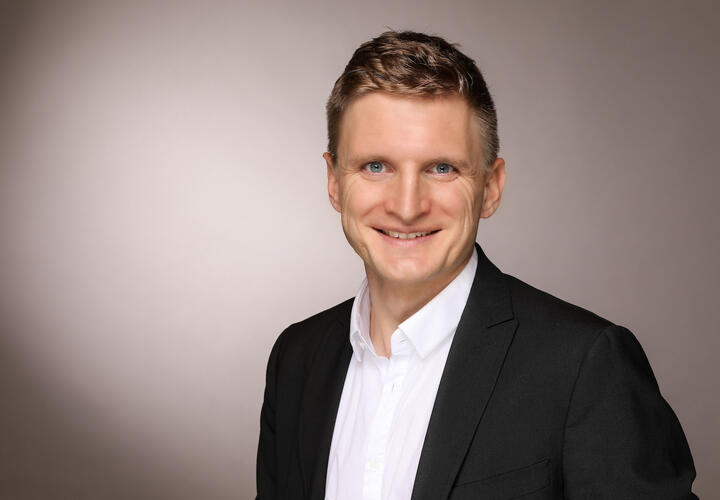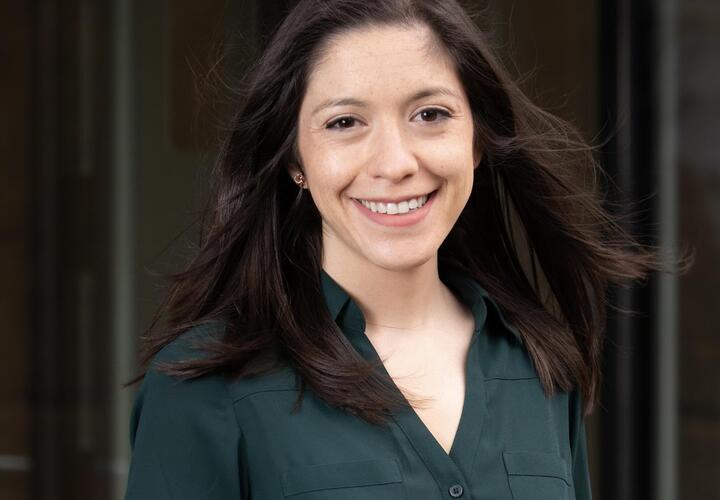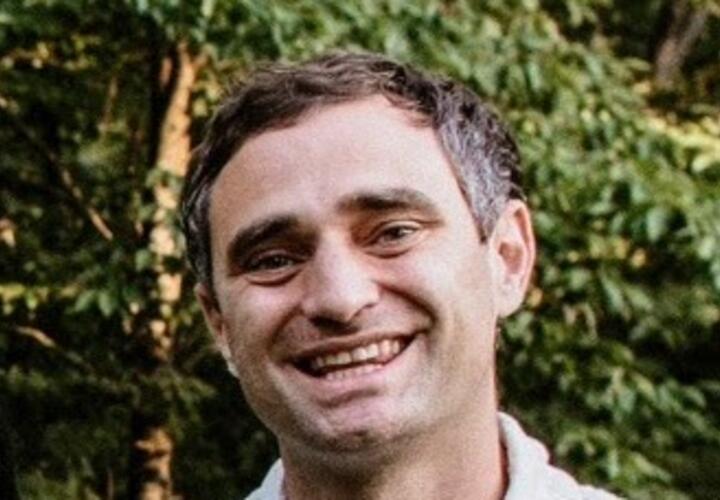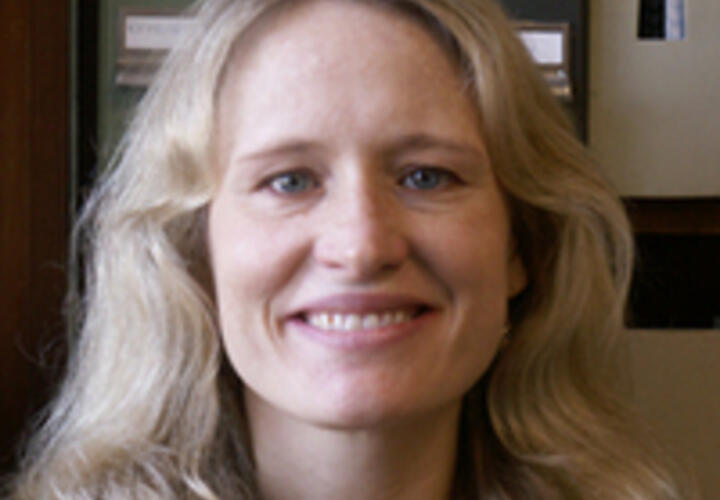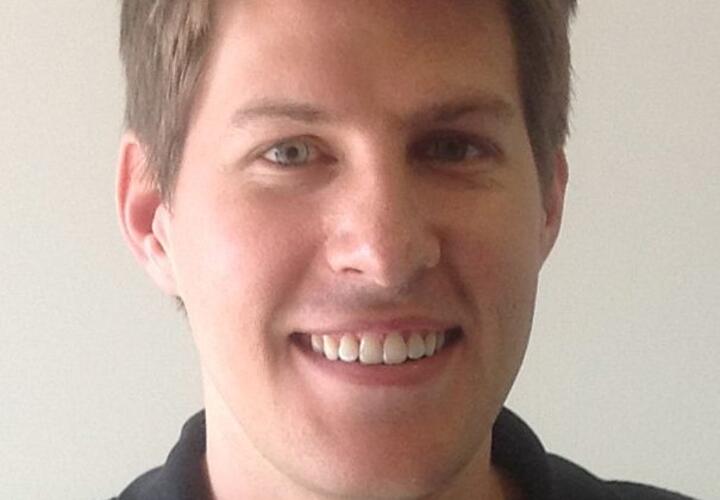Improving Microfinance for the Poor: Investigating Repayment Flexibility
Research suggests microfinance is not as transformative as originally thought. Can adaptations to traditional approaches to microfinance enhance its impacts and improve life for the poor? The team at Inclusion Economics has carried out a series of experiments in India to understand how microfinance contracts can be refined to increase benefits to borrowers.
Research to update the classic microfinance contract
Since its inception in the 1970s, microfinance has been viewed as an important tool to support the livelihoods of poor people who lack access to traditional banking services. In recent years, however, rigorous research has raised questions about the extent to which these small, collateral-free loans can reduce poverty. The growing body of evidence has also highlighted that the traditional microloan contract may be unnecessarily rigid, constraining (rather than enabling) business investments by borrowers, particularly women.
Small adjustments to microfinance contracts, such as increasing repayment flexibility and facilitating social interaction among borrowing group members, can significantly enhance microfinance impacts.
To explore these issues further, the team at Inclusion Economics at Yale University – with researchers from Duke University, Harvard University, Princeton University, the University of Illinois at Chicago, and the Rice Institute – collaborated with the Centre for Microfinance on a series of experiments in India to provide insights on how microfinance can be refined to strengthen its beneficial impacts for the world’s poorest entrepreneurs. Among a range of other findings, this research has shown that traditional microfinance contracts can be tailored to heighten poor borrowers’ benefits from access to credit. Currently, the team is analyzing how flexible microfinance contracts for poor entrepreneurs can also create benefits that spill over to the next generation, improving child outcomes in the long run.
Highlights
Related Publications
The economic returns to social interaction: Experimental evidence from microfinance
Observing a set of microfinance clients in India, researchers examine the impact of embedding social interaction into the loan cycle. They find that clients assigned to weekly groups exhibited a higher willingness to pool risk, and were less likely to default on their second loan.
Do group dynamics influence social capital gains among microfinance clients? Evidence from a randomized experiment in urban India
As an intrinsic part of the classic microfinance model, group meetings are intended to employ social capital to ensure timely repayment. Assessing the group meeting frequency for 174 microfinance groups in India, researchers demonstrate that social capital gains associated with more frequent meetings continue to accrue across multiple lending cycles.
Does the classic microfinance model discourage entrepreneurship among the poor? Experimental evidence from India
Through a field experiment in India, researchers assess the impact of grace periods in loan contracts. They find that debt contracts that require early repayment discourage illiquid risky investment, and thereby limit the potential impact of microfinance on microenterprise growth and household poverty.
Repayment flexibility can reduce financial stress: Experimental evidence from microfinance in India
Financial stress is widely believed to cause health problems. However, policies seeking to relieve financial stress by limiting debt levels of poor households may directly worsen their economic well-being. Evaluating an alternative policy that increases the repayment flexibility of debt contracts, researchers find that flexibility encourages clients to invest their loans more profitably, ultimately reducing financial stress.
About the Project
Principal Investigators:
Research Partner:
-
Evidence for Policy Design (EPoD) at Harvard Kennedy School



